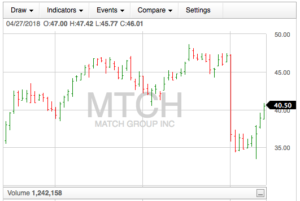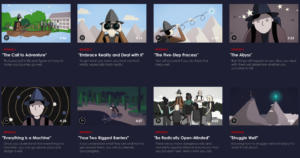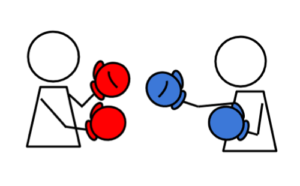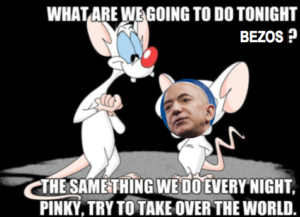Business & Money
These days, I have a lot of conversations about pricing strategy in the early days of company building. And it seems like the inclination is often to give the product away for free at the beginning. The thinking is that a free product will make customers more inclined to try it (lower barrier to entry) and that it will provide a good opportunity to validate your thesis. And that makes some sense.
That said, I always prefer asking customers for money from the very start for a few key reasons.
First off, you have precisely 0 customers if your product is free. The definition of a customer is someone who buys something. So if you are not getting paid, then you don’t have customers. Similarly, businesses have revenue. Of course, every business has to get that elusive first customer, so there will be a (hopefully) short time at the beginning when you have none, but revenue should be the goal (ideally with positive free cash flows).
Second, asking for money provides good qualification. If you’re not asking for money, people may try your product/service because they like you or want to do you a favor. They’re far less likely to do that if you ask for money. You have to solve a real problem or add some tangible value. So if they say no when you ask for money, then you’re probably not doing that to a sufficient level.
Finally, I think asking for money actually increases your chances of success. When people pay for things, they then have some skin in the game and thus are more incentivized to make sure that investment has a positive outcome.
So, all things considered, I think if you’re trying to build a business, then you are better served by charging people from day 1.
Human Progress
You often hear about the “black box” problem with regards to artificial intelligence. That is, the problem whereby machine learning algorithms are making decisions, but the rationale for said decisions is inherently unexplainable.
For context, the field of machine learning has two general methods: supervised and unsupervised learning.
In supervised learning, you have a data set and you know exactly what the output should be. So you might a ton of cat pictures as the input dataset, and the output should be a “cat” or “not a cat” label. So you feed in your cat pictures, all with a pre-existing label of “cat” or “not a cat,” and that’s how you train the model on discerning whether in fact there is a cat in the picture. So after the training, when you feed in a new picture that is not labeled, the model will try to apply a label based on what it has learned from the training dataset.
With unsupervised learning, you feed in a bunch of data without much of an idea of what the output will look like. So sticking with cats, this time we have a bunch of pictures, but none of which have labels. We then feed them all into the system and it’s up to the model to cluster the pictures as it sees fit based on some relationship of variables within the pictures (number of legs, size of ears, stripes, etc).
The key difference here is that unsupervised learning has no feedback system. So the system might say “cat” or “not a cat,” but will not be able to tell you why it made the decision.
So some people are not happy about that unexplainability (might be making up that word).
What I find interesting, though, is that human beings are inherently unexplainable. People make asinine decisions all the time that are seemingly counterintuitive. We are all trapped inside our own heads and see the world subjectively. You can talk to other people, but you can never really be sure of what they’re thinking or why they do what they do.
So it doesn’t seem to me like the two situations are really all that different.
Philosophy
I recently got a marketing email from an events coordinator about attending one of their upcoming events. The funny thing is, I was already registered. You’d think they would be able to see that in their CRM or system of record.
So I typed the following response:
I’m already registered – please stop emailing me.
But before clicking send, I decided the email was in bad taste. So I typed this instead:
I’m already registered – see you there 🙂
So a few things on this:
One, I’m in sales and I know that CRM systems are often very messy. So I get it. It’s a mistake that my own business development team often makes.
Two, It’s a great example of why I love meditation. It has made me a much more mindful person that’s far more aware of my own emotions as they ebb and flow. So when annoyance bubbles up, I have a better chance of realizing it for what it is, without always acting on it.
Three, v1 of the email would have kicked off the spread of negative energy. I’m a huge fan of positive energy so hopefully the emoji in v2 made her smile and kicked off a chain reaction.
My Latest Discovery
A few weeks ago, I wrote about the Moment app for iOS that tracks your screen time. Now the latest version of iOS includes screen tracking as built-in functionality. Simply click the “settings” icon from your home screen, then click “Screen Time.”
I find it both sad and slightly comical when the big tech incumbents kill off an entire company with a software update. I think It will be very difficult for Moment to build a standalone business going forward.











